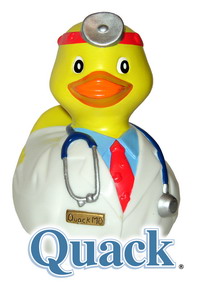
Let’s begin with some general ideas about these ads.
- If it sounds too good to be true, it’s probably not true.
- If an ad for a product promises to solve a problem or cure an illness no one else has been able to cure, be suspicious.
- The advertisement makes claims that sound like simple solutions to difficult problems such as:
- You can lose a lot of weight in a short time without changing what you eat or exercising.
- You need to have your “colon cleansed” in order to lose weight, have more energy and live longer
- Herbs are safe because they are “natural”.
- Sugar and white flour will poison you.
- A hair sample can identify nutrient deficiencies.
- There are “super foods” that will keep you healthy and that everyone needs these foods or this product, even if your diet is not very good.
These ideas are recycled over and over again. Remember stories about the “snake oil salesman” from the past? He’s back, just a lot more sophisticated.
Wouldn’t a quick fix to chronic and sometimes serious problems like overweight, diabetes, heart disease, and just plain low energy be terrific? If an advertiser or television personality tells you that they have the answer, and that medical practitioners either don’t know about it or don’t want you to know about it, be suspicious!
Here are some ways to spot nutrition scams and quackery:
- Terms such as “clinically proven” or “research proves” have no meaning. What clinic? What research?
- What are the credentials of the person who conducted the study? Unfortunately, some of my colleagues with legitimate credentials have put their names on commercial, unproven products, and this is a shame. Literally, they should be ashamed of themselves, since this is extremely unprofessional and unethical. Current examples are Dr. Mehmet Oz and Dr. Nicholas Perricone who are promoting Acai Berry with Oprah. There is absolutely no scientific evidence that this product has any health benefits.
- Who sponsored or paid for the study? If the company that is selling the product has sponsored the research, the results are suspect.
- How many subjects were in the study? Two, five, ten? This is not enough to get accurate results to make claims that something is “proven”.
- Was this research published in a peer reviewed, scientific journal, or presented at a scientific meeting?
- Is the site/expert selling you something? Legitimate health care providers generally do not sell products. It is considered unethical.



